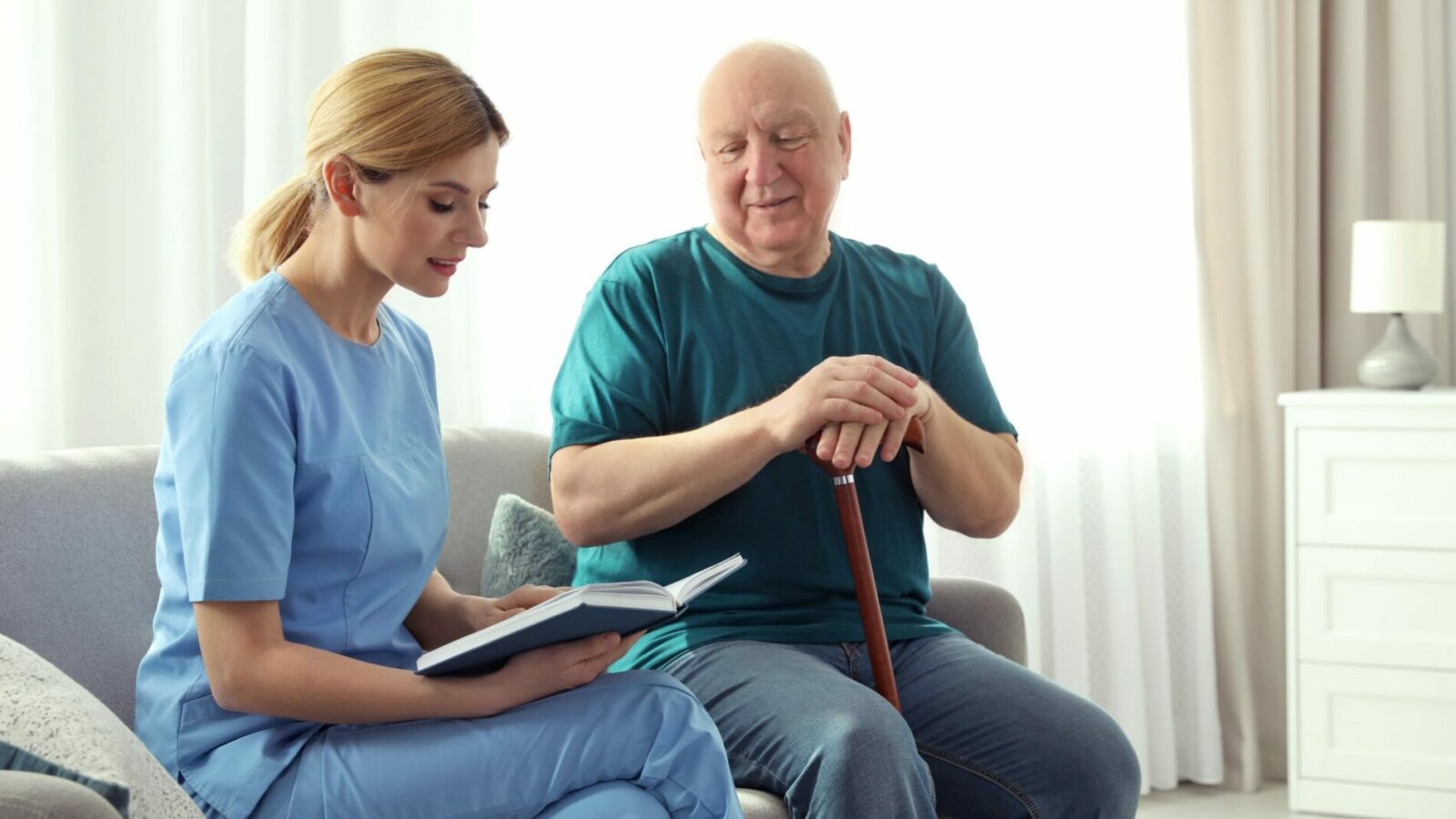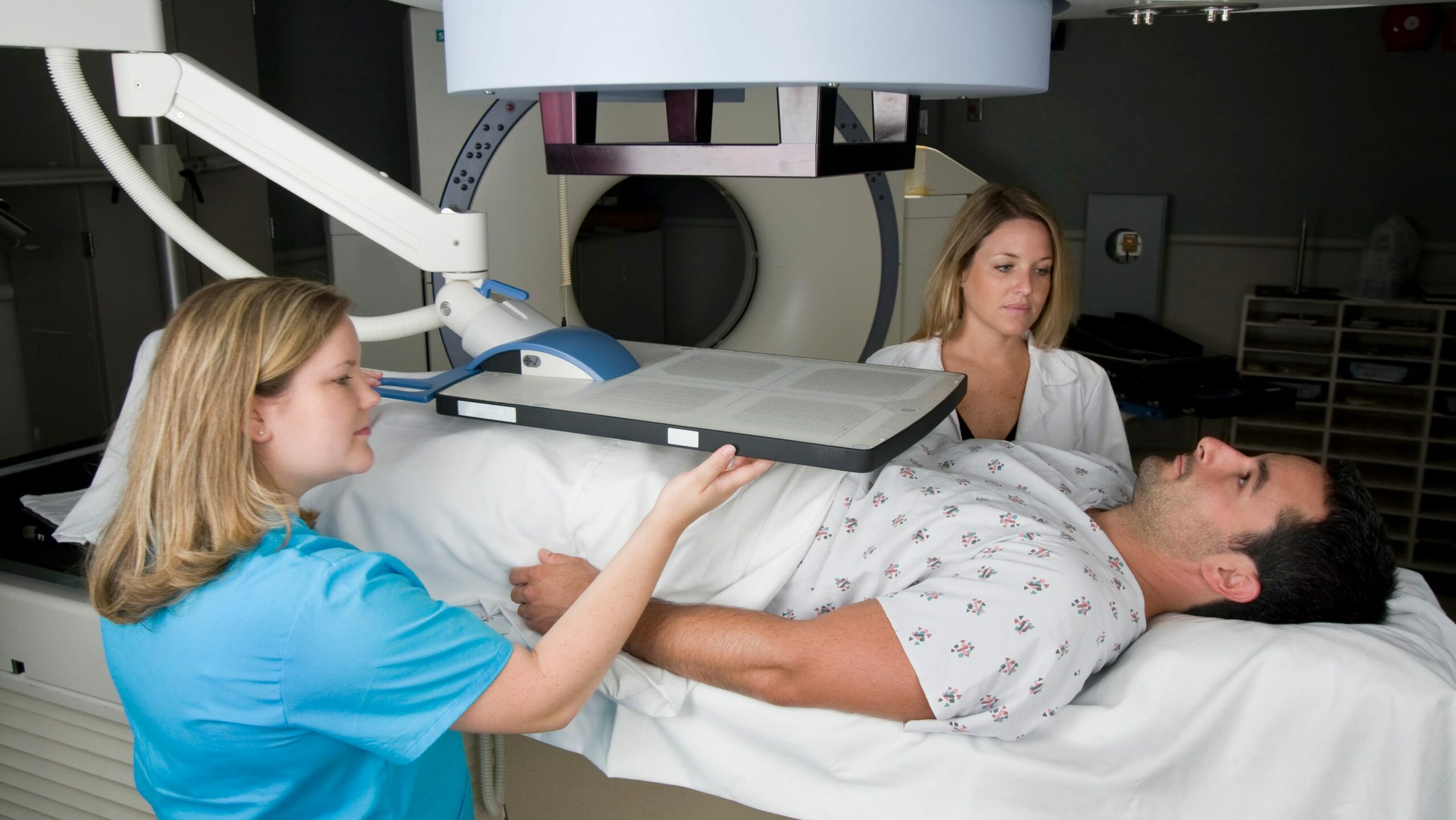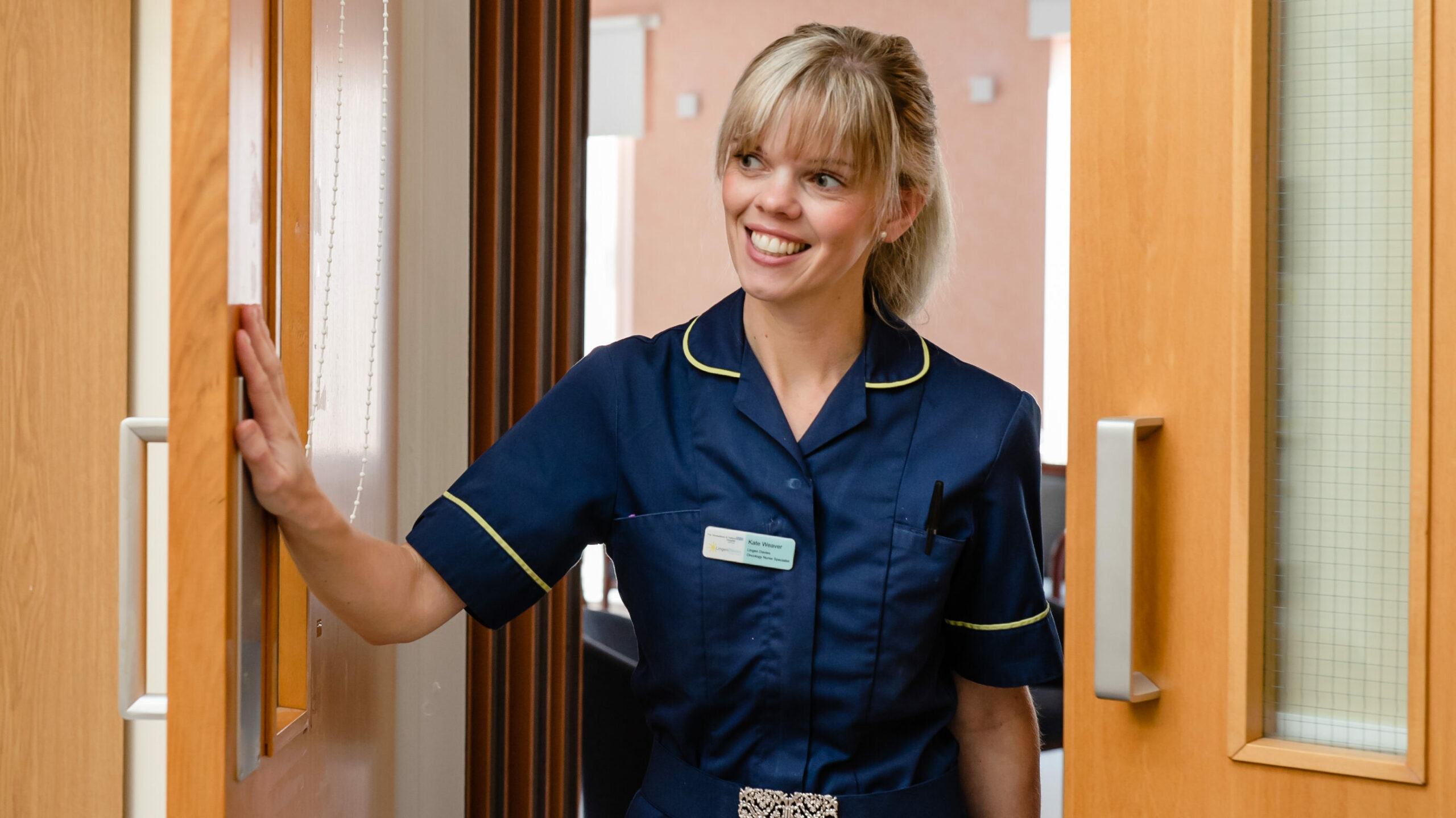Information About
Bowel Cancer
Bowel cancer is the 4th most common type of cancer, NHS statistics state. Find out more information on this form of cancer and how you can spot the symptoms.

Why not join in one of our brilliant fundraising events? Find out what's coming up next here!
We don’t know what causes many incidents of bowel cancer. However, there are some ways in which you may be able to lower your risk of developing it. It is estimated that 13% of bowel cancers are linked to being overweight or obese, 10% are linked to smoking, and 1% are linked to drinking alcohol. An estimated 21% of bowel cancers are linked to diets with high levels of red and processed meat. There are also some inherited conditions and other illnesses that increase the risk of bowel cancer. For more information on risks and prevention click here.
Key symptoms of bowel cancer are: Bleeding or blood in your poo, a change in your bowel habits- particularly if you are experiencing persistent loose bowel motions, tummy pain, lump/swelling in your abdomen, anaemia- this may cause tiredness and breathlessness, unexplained weight loss.
Some bowel cancers can also cause bowel obstructions. If you have any of the above symptoms please go and see your GP.

In England and Wales, everyone aged 60-74 who is registered with a GP will be invited to carry out a screening test once every two years. The process is called a faecal occult blood (FOB) test, which you carry out yourself at home. The FOB test looks for tiny amounts of blood in your poo that might not be visible to the naked eye. While this blood could be caused by a number of different things, it might be an early sign of cancer, or a polyp (a growth on the inside of the bowel) that could develop into cancer in the future.
If you live in England, you can request testing kits when you are aged 75 or over, please click here for more details. Home testing is not available to people under the age of 60, but if you have symptoms, a family history of bowel cancer, or are concerned for another reason, talk to your doctor and you may be referred for bowel scope screening at an NHS centre. Bowel scope screening is a relatively new test that is performed by a doctor or nurse at a Bowel Screening Centre.
The screening helps to prevent bowel cancer as it finds, and removes, polyps in the bowel that could eventually turn into cancer. It is currently being rolled out across the UK for people aged 55. It is already available in parts of our region, so you may be invited to attend a bowel scope screening (if you are registered with a GP). For more information on the FOB test and bowel scope screening click here. You should always speak to your GP if you are concerned- they will be able to explain the process and refer you for a screening.
There are support groups and sources of information available if you are concerned about bowel cancer. To find a local support group please go to our support directory. Your general health and wellbeing is important. You may find that holistic therapies, counselling or social activities help you to stay well during your experience with cancer. For information on local health and wellbeing services please click here. For more information about bowel cancer here’s some useful links:

Bowel cancer survival in the UK has more than doubled in the last 40 years. Nearly 6 out of 10 people will survive 10 years or more following a diagnosis of bowel cancer. However, if diagnosed early, more than 90% of bowel cancers can be treated successfully, so please:
As part of our £1.25 million 40th Anniversary Appeal, we are raising money for equipment to provide more accurate diagnoses and a more comfortable experience for patients. To find out more click here.
Many people find it useful to speak to others who are going through the same things as them. There are a range of support groups in our area, some focusing on specific cancers and other more generally.
